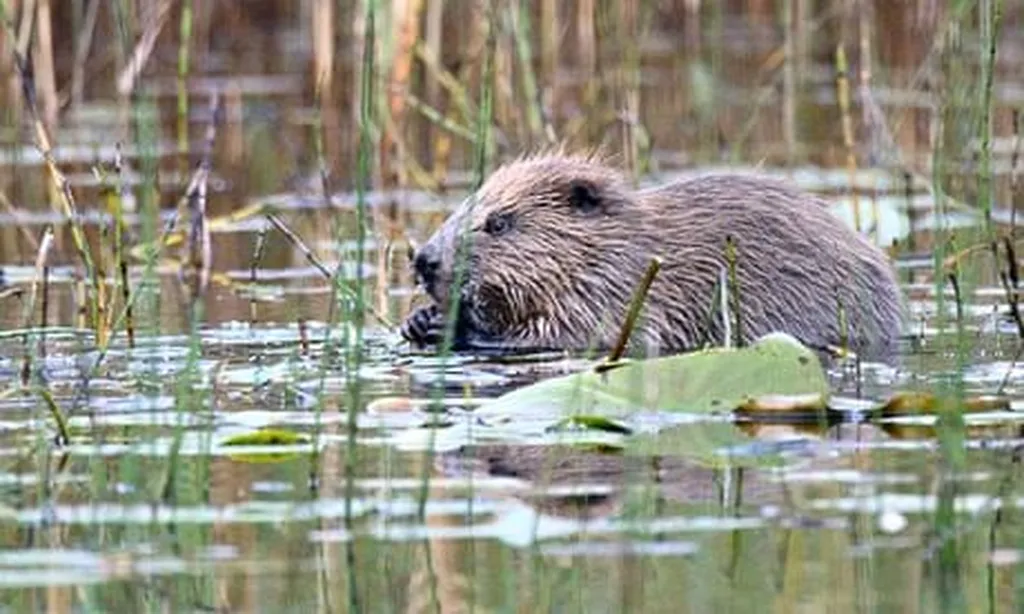In the heart of Texas, a bold new vision for rural tourism is taking shape, one that could redefine how we experience the Lone Star State’s rich cultural heritage and agricultural roots. Anupam Dutt Satumane, a researcher from the University of Texas, has proposed a sustainable rural tourism development plan centered around Mission Espada, just outside San Antonio. This initiative, published in the ‘Journal on Tourism & Sustainability’ (translated as ‘Journal on Tourism & Sustainability’), aims to diversify San Antonio’s urban-centric tourism landscape and revitalize the local agrarian economy.
San Antonio, known for its vibrant city life and historic missions, draws millions of visitors each year. However, the tourism industry has largely overlooked the rural areas surrounding the city. Satumane’s proposal seeks to change that by creating a rural tourism hub that showcases the authentic rural life of Texas, with a focus on agriculture, dairy, livestock, and equestrian activities.
The proposed site, located just 1.2 miles south of Mission Espada, spans 612 hectares and is easily accessible via a well-maintained country road. This scenic route, lined with country homes and farms, offers stunning vistas of the rural landscape and is ideal for cycling, providing a direct connection to the historic mission.
“Establishing a rural tourism model around Mission Espada would not only attract tourists but also benefit rural communities,” Satumane explains. “This development plan aims to create a unique opportunity for tourists to experience the culture and heritage of Texas while creating employment opportunities and benefiting small businesses.”
The potential commercial impacts of this research are significant. By diversifying tourism offerings, the proposal could attract a new demographic of visitors interested in agritourism and cultural heritage experiences. This could lead to increased revenue for local businesses, job creation, and economic growth in the rural areas surrounding San Antonio.
Moreover, the sustainable tourism model proposed by Satumane could serve as a blueprint for other regions looking to revitalize their rural economies. By focusing on authentic experiences and community engagement, this approach has the potential to transform rural tourism on a global scale.
As the world increasingly seeks sustainable and meaningful travel experiences, initiatives like Satumane’s offer a glimpse into the future of tourism. By blending cultural heritage with modern tourism practices, this proposal could pave the way for a new era of rural tourism that benefits both visitors and local communities alike.
In the words of Satumane, “This is not just about attracting tourists; it’s about creating a sustainable model that supports rural communities and preserves our cultural heritage for future generations.” With its innovative approach and far-reaching implications, this research is poised to shape the future of rural tourism in Texas and beyond.

